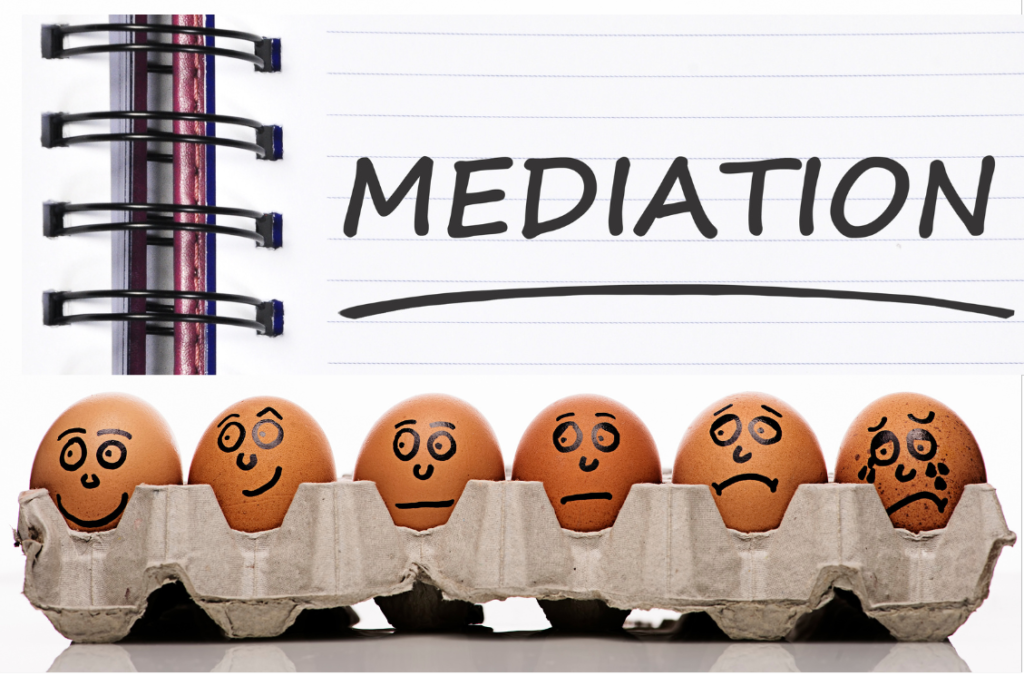The Benefits of Hiring a Professional Mediator
Third-party reproduction, comprising surrogacy, egg and sperm donation, and embryo donation, is an intricate and emotionally charged aspect of family building. As such, when disputes or misunderstandings emerge among the parties involved in these arrangements, the role of a mediator becomes indispensable in resolving these issues and assisting all parties in achieving their goal of creating a family. In this article, we will delve into the significance of a mediator in third-party reproduction and explore the valuable benefits they bring to the resolution process.
A Mediator’s Primary Role
The role of a mediator is pivotal in third-party reproduction, serving as a neutral third party who fosters open discussions among the intended parents, the donor or surrogate, and any other involved parties. A mediator is a highly skilled professional equipped with qualities like patience, persistence, and common sense.
It is essential to recognize that a mediator is not a “judge” who imposes resolutions but rather a facilitator who guides the parties toward finding resolutions through effective communication and compromise. By employing their expertise, a mediator ensures that all parties can collaborate to reach mutually agreeable outcomes.
Everything is done Confidentially.
Confidentiality is crucial in mediation, allowing parties to freely express their concerns and perspectives without fear of judgment or repercussion. They create a safe and private environment for parties to share their thoughts, feelings, and concerns openly. This confidentiality promotes open and honest communication, which can better understand each party’s perspective and help find a resolution that satisfies all involved.
The Process
The mediation process follows a predefined step-by-step approach, though individual mediators may have unique styles. Initially, they request written reports from both sides and conduct private conversations with each party or their attorneys to understand the dispute at hand. Following this, the mediator will communicate their insights through a joint call or document, highlighting the key issue(s) they identify. This lets both sides gain a more realistic perspective on each other’s stance, ensuring clear comprehension.
Next, the mediator schedules a session, which can take place in the same location (though often in separate rooms) or through phone or video calls for a set duration. The discussions during mediation are strictly confidential, with both sides agreeing on the information that can be shared. Unlike attorneys, who may engage in posturing, the mediator remains neutral and objective, working collaboratively with each party. They initiate the resolution process by proposing a solution and encouraging input, critiques, and additions from all involved. The mediator’s role is to identify barriers to settlement and offer strategies to overcome concerns, guiding the parties toward a mutual agreement.
It is important to understand that the mediator does not have the power to enforce a resolution. Instead, their focus is facilitating a process that helps the parties find common ground and reach an acceptable solution that satisfies all involved.
Ensuring The Best Outcome for All Involved
One of the key advantages of mediation is its ability to preserve existing relationships, which is particularly significant in third-party reproduction arrangements. Disputes often involve the relationships between the intended parents and a pregnant surrogate. Through mediation, parties are encouraged to communicate effectively, seeking solutions to issues without attacking each other. The mediator provides a non-emotive, objective evaluation of each party’s positions.
By fostering open communication and focusing on finding common ground, mediation helps preserve relationships. It enables parties to move forward with the primary objective of creating a family of their choice. This approach ensures that the process remains constructive and conducive to reaching mutually agreeable resolutions, ultimately strengthening the bond between the involved parties.
Mediation offers notable advantages over lengthy, costly, and acrimonious legal trials. Parties actively participate in finding a solution, making the outcome more satisfactory compared to traditional dispute litigation.
Parties can achieve a swift and mutually agreeable resolution by opting for mediation. Mediation prioritizes open communication and collaborative problem-solving, fostering a more positive and practical dispute-resolution experience for all involved.
Author: Jo Duffy, Infertility Portal, Inc.


